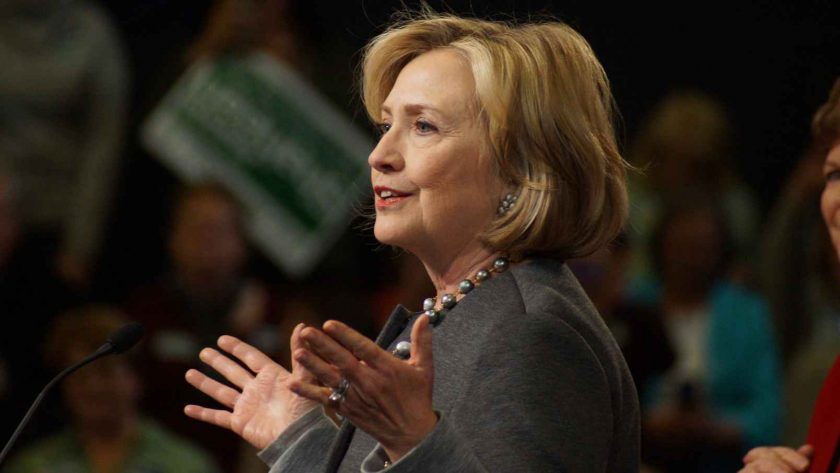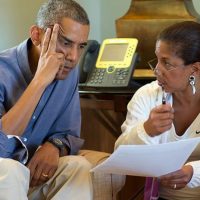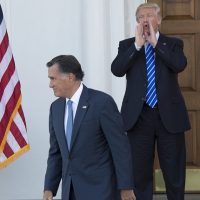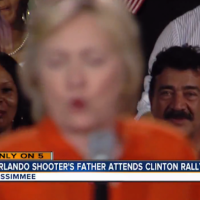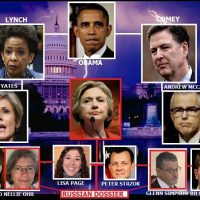136,639,786 people voted in the 2016 election. 46 million of those votes were cast in swing states. An estimated $2.65 billion was spent on the presidential race.
The United States of America has the world’s biggest free and open elections. And also the most expensive elections. It would be easier for a foreign country to invade America than rig an election.
There’s a reason that Russian activity in 2016 is described as “election interference” rather than a more definitive term. Despite the comparisons to Pearl Harbor and 9/11, there’s no remote evidence that what happened influenced the outcome. But the Japanese didn’t “interfere” in Pearl Harbor. Nor did Muslim terrorists “interfere” with the World Trade Center and the thousands of people in the towers.
Interference is a weasel word, implying and inferring, rather than defining what really happened.
Deputy Attorney General Rod Rosenstein has announced the release of the Cyber-Digital Task Force Report. The report’s chair is Sujit Raman, an Associate Deputy Attorney General, who was the beneficiary of a Paul and Daisy Soros Fellowship for New Americans, and a Rosenstein ally.
The report’s early section on actual election rigging concludes, “To our knowledge, no foreign government has succeeded in perpetrating ballot fraud.” The remaining four categories all involve variations of influence operations from email hacking to online trolling. This is significant because the only possible vector by which a foreign government could have changed the outcome of the election would have been ballot fraud. Anything else would have been outweighed by the sheer numbers.
There is zero evidence that category two of the Cyber-Digital Task Force Report, email hacking, category three, covert assistance, or category four, Facebook trolling, changed the outcome of the election. Category five, illegal lobbying, the only area where Mueller achieved any results, doesn’t change elections. And there is, more significantly, no evidence that there was any effort to rig the election.
Election interference is a vague term that addresses outcome, not motive.
Category four, referencing Facebook trolling by Russia, is careful not to draw conclusions about motive. That’s sensible. If the Russians were trying to influence the election with their Facebook activities, they were particularly bad at it. As Rob Goldman, Facebook’s VP of Ad Product, had tweeted, “The majority of the Russian ad spend happened AFTER the election. We shared that fact, but very few outlets have covered it because it doesn’t align with the main media narrative of Trump and the election.”
Read the full story from Front Page Mag
Want more BFT? Leave us a voicemail on our page or follow us on Twitter @BFT_Podcast and Facebook @BluntForceTruthPodcast. We want to hear from you! There’s no better place to get the #BluntForceTruth.

